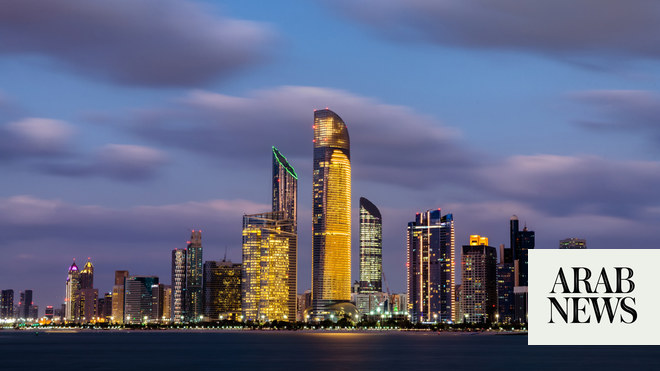
The King Abdullah Petroleum Studies and Research Center (KAPSARC) analyzed the determinants of investment behavior in Saudi Arabia for eight non-oil sectors.
Saudi Arabia is currently proceeding with its historic Vision 2030 reform plan, which aims to significantly increase the private sector’s contribution to the country’s GDP.
The objective of Vision 2030 is to increase the private sector’s contribution to GDP from 40% to 65%, raise the share of non-oil exports in GDP from 16% to 50%, and reduce unemployment from 12% to 7%.
In this regard, the role of the private sector investment is important for the kingdom. Private sector investment not only contributes to economic performance over the business cycle but also improves the economy’s long-run growth prospects.
The study, “Sectoral Investment Analysis for Saudi Arabia,” highlighted the importance of private sector investment in the economy.
The study seeks to provide policymakers with a state-of-the-art analysis of investment in Saudi Arabia.
The paper discusses that countries with high growth rates devote a substantial fraction of their output to investment, and this motivation is particularly relevant for young and emerging economies.
The study considers that, non-oil sector investments in Saudi Arabia can contribute to the country"s economic performance through a variety of channels.
Investment can impact output and employment by increasing aggregate demand, expanding productive capacity and providing a foundation for economic diversification.
It can also boost productivity by enabling the introduction of new production techniques and processes, particularly in the case of FDI.
The paper found that it was crucial for policymakers to have a coherent and comprehensive understanding of the determinants of investment and their quantitative impacts, as this was necessary to design a set of policies to trigger investment and spur economic growth.
The researchers (Muhammad Javid, Fakhri Hasanov, Carlo Andrea Bollino, and Marzio Galeotti) found that analyzing investments at the sectoral level is very important, as it provides a deeper understanding of potential opportunities to boost each sector.
Sector-specific tailored investment policies are preferable to a one-size-fits-all investment policy. Therefore, tailored, sector-specific policy measures should be considered.
The study mentioned that the depreciation of the riyal in real terms benefits non-oil tradable sectors, such as agriculture and non-oil manufacturing.
The study shows that, increases in economic activity lead to similar or greater increases in investments in the long run. This study considered private investment and, thus, policy recommendations are primarily relevant for private decision-makers.
However, it noted that the government can play a role to achieve the desired investment level in each sector by influencing sectoral output.
For example, the government can create additional demand for a sector’s goods and services. One option for doing so is to reduce the share of imports in government purchasing and prioritize locally produced goods and services.
Such a policy can also support the local content strategy, which is a major consideration for the kingdom’s economic diversification
During 2020, KAPSARC succeeded in advancing to higher ranks in the global index of think tanks, despite the huge challenges posed by the pandemic last year.
It ranked 12th out of 60 research centers in Energy and Resource Policy, and ranked 15th out of 101 research centers in the Middle East and North Africa (MENA), according to the annual global ranking of research centers and civil society organizations issued by the University of Pennsylvania in the United States. — SG











